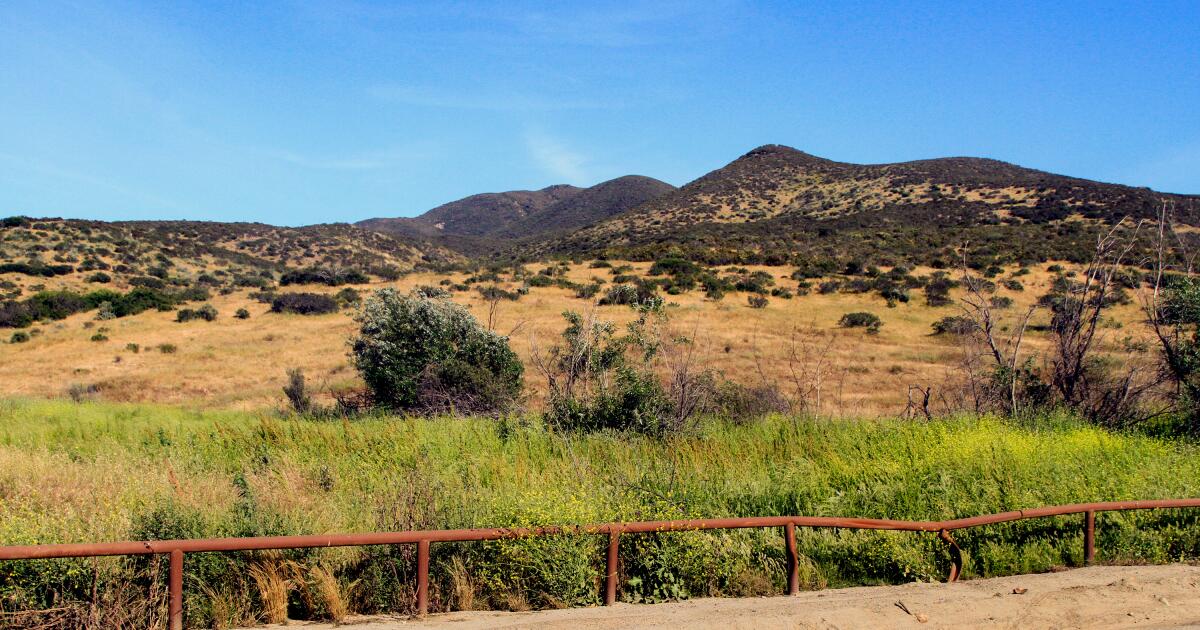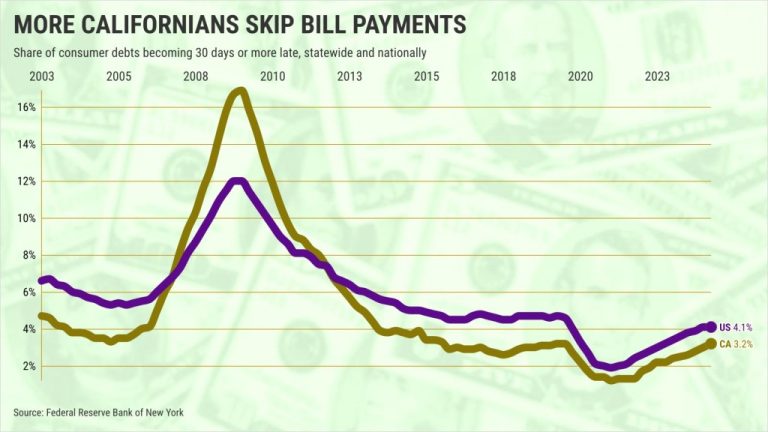
Nearly 1,300 acres of wildland in southwest San Diego County once envisioned for housing development will remain undisturbed under a successful land swap.
The state Department of Fish and Wildlife has acquired and will manage the swath of land where a developer had planned to build more than 1,000 homes just east of Chula Vista and south of Jamul along Proctor Valley Road.
On Thursday, the $60 million sale became final.
Multiple conservation agencies are funding the acquisition: $30 million from the state Wildlife Conservation Board, $25 million from the U.S. Department of Homeland Security and $5 million between the U.S. Fish and Wildlife Service and The Nature Conservancy.
The $25 million from Homeland Security came from a July 2023 settlement between the Sierra Club and President Joe Biden’s administration involving lawsuits over the construction of a U.S.-Mexico border wall under former President Donald Trump. Construction was harming local wildlife, the Sierra Club had argued. As part of the deal, the federal government agreed to stop further construction and provided the funding to the state so that it could purchase the land.
The Proctor Valley land is now part of the Rancho Jamul Ecological Reserve, a site with “open grasslands that provide foraging habitat for abundant and diverse raptor species,” according to the state Department of Fish and Wildlife. It also now has the potential for future public use such as wildlife viewing, day hiking, bird watching, and photography, the department said.
GDCI Proctor Valley, a limited partnership including real estate agency Genstar and the San Diego-based Jackson Pendo Development Company, had plans to turn the site into more than 1,000 homes, commercial storefronts, a new fire station and an elementary school, a project that required construction on various unconnected parcels. The developer had purchased the land in 2014 for nearly $40 million.
In 2019, the county Board of Supervisors approved the project with support from local fire officials, who assured board members that the development was safe despite it being proposed in an area prone to wildfires.
Multiple environmental groups challenged the project on grounds that it would actually bring residents to a high fire hazard zone. Those groups, including the Sierra Club, Center for Biological Diversity and the California Chaparral Institute, were backed by the California attorney general.
And a San Diego Superior Court judge also agreed with the environmentalists. In October 2021, Judge Richard Whitney struck down the county approval of the Adara at Otay Ranch project, citing concerns about wildfire risks and greenhouse gas emissions and that it did not set aside affordable housing units.
Sierra Club San Diego Chair Lisa Ross said Friday of the acquisition, “the value of the land can’t be overstated.”
“San Diego County is a bio hotspot for the whole country,” she said. “It’s a crucial habitat for many endangered and threatened wildlife. Animal life has to have free roaming access.”
The land is mostly covered with coastal sage scrub and supports species such as the coastal California gnatcatcher, golden eagle and Quino checkerspot butterfly.






